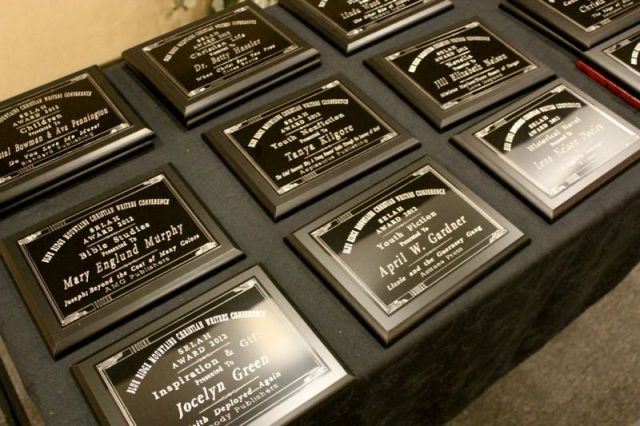I’m so excited…
A phenomenal new book is releasing May 11th–a book written by one of my best and most respected friends, Steve Siler, founder and director of MusicfortheSoul.org.
I don’t want to brag, but I just received my copy of Music for the Soul, Healing for the Heart. While the book chronicles the miraculous story of Steve’s Dove Award-winning songwriting journey that ultimately culminated in his founding MusicfortheSoul.org, the book is much, much more.
Music for the Soul, Healing for the Heart captures the captivating, healing, God-inspired power of music to reclaim and transform lives.
Using the evocative vehicle of sstory, this book gives a glimpse into the healing power of music.  Music for the Soul, Healing for the Heart relates the true-life events of how God called Steve from among West Coast’s musical elite to Nashville’s gospel and contemporary Christian music scene, where Steve would win the highest awards in Christian songwriting. But he would leave that world to follow his passion and create a ministry that focuses on soul-healing music that binds the broken and hopeless.
Music for the Soul, Healing for the Heart relates the true-life events of how God called Steve from among West Coast’s musical elite to Nashville’s gospel and contemporary Christian music scene, where Steve would win the highest awards in Christian songwriting. But he would leave that world to follow his passion and create a ministry that focuses on soul-healing music that binds the broken and hopeless.
Music for the Soul, Healing for the Heart tells how God led Steve on a journey through pop music and culture, to contemporary Christian music, then to ministry-focused music that focuses solely on songs crafted to help the broken heal. Steve’s songs are written for parents of special needs children, for those who have lost their homes to natural disasters, for those who have been sexually abused, for those who have been trafficked, for those who have experienced cancer, for caregivers, for military and law enforcement officers, for those who have lost loved ones to suicide, for those who have lost children to the pain of abortion.
Music for the Soul, Healing for the Heart is not a book simply about music or ministry. It is a book about broken people, hope, and healing.
I recommend this book to anyone who has ever felt broken, known or loved anyone who has felt broken, or who works with broken people. I recommend this book to those who love music, to those who love musicians, and to those who want to better understand the God-given power of music to restore hearts. I recommend this book to anyone who has felt called to follow God’s passion for their life and followed that call in spite of the risk. And I recommend this book to those looking for well-written inspirational, God-honoring reading.
Shelly Beach
Multiple award-winning author, speaker, consultant
ShellyBeachonline.com
PTSDPerspectives.org







